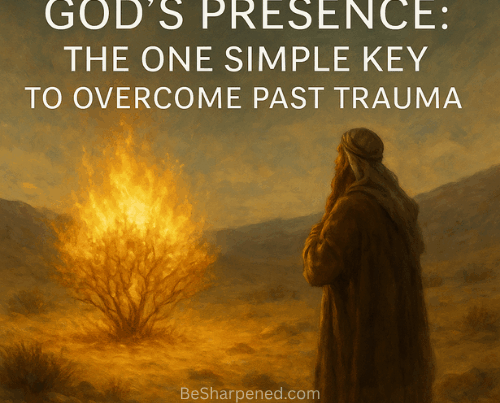‘Biblical Wisdom for Stewardship Today’ is drawn from Luke 16:1-13 in the Bible. In this passage, there was a rich man who had accused his manager (steward or caretaker) of mismanaging (wasting) his possessions (wealth). He, therefore, demanded an account from his manager before he could fire him.
Consequently, his manager summoned all his master’s debtors and cut deals with them concerning their debts. He made them pay less than they owed his master. Interestingly, his master commended him for acting in a clever manner.
In other words, a huge portion of his master’s wealth was being held by debtors. This could have been most likely due to the manager’s profit (commission), or his lack of serious follow-up, or both. Therefore, when the manager’s job was threatened by this state of affairs, he quickly came up with a clever plan. He had to because the source of his livelihood, status and security was at stake.
Thus, he decided to forfeit his commission in order realize faster debt collections. He still had to return a profit as corroborated in Matthew 25:14-30. In this passage, the third servant is reprimanded for not returning any profit.
Stewardship
Biblical Stewardship is characterized by the following two (2) features.
Stewardship is a matter of all life
The fact that Jesus told this parable to his disciples is noteworthy. This therefore means that stewardship is an expected expression or lifestyle of a Christian or believer.
And when Jesus told this parable to His disciples, He taught them how to view and handle resources. His main focus was how they should view and handle wealth. This therefore implied that stewardship is about who you are, and what you have.
Once someone becomes a believer, who they are and what they have is understood to be from God (John 1:3). A second understanding is that they were created to work for God (Genesis 1:26-28).
Stewardship implies that ‘God is the Owner and we are His Stewards’
Given that God is the source of who we are and what we have, then He is the owner. Psalm 24 affirms God as the creator, thus, the owner. We are simply stewards (workers).
When you act like the owner, there will be wastage of who you are and what you have. God will not be pleased by you too.
Wisdom for Biblical Stewardship Today
Biblical Stewardship is realized through the following five (5) nuggets of wisdom.
The Wisdom of the Long-term View (Perspective)
The wisdom of the long-term perspective states that wealth is a means to an end. How? The manager used the wealth of his master to secure his own (future) interests – security and status. He literally built and cemented future relationships with his master’s wealth. And while doing so, he realized (secured) the interests of his master too.
Maybe, he understood that all earthly resources (and opportunities) are controlled by people. Therefore, you must be willing to give up the present short-term personal gain for a future long-term gain to qualify as a steward.
19 “Do not store up for yourselves treasures on earth, where moths and vermin destroy, and where thieves break in and steal. 20 But store up for yourselves treasures in heaven, where moths and vermin do not destroy, and where thieves do not break in and steal.
– Matthew 6:19-20 New International Version (NIV)
The Wisdom of Handling Little Things
The present things are considered little. Thus, they demand faithfulness as a matter of wisdom for stewardship.
What you see around you today as big trees are actually the small seeds planted yesterday. Similarly, your future big things are (disguised as) your present day “small things”.
The Wisdom of Handling Worldly Things
How you handle worldly things has a direct impact on how you will handle the spiritual or eternal things. Therefore, if you’re wasteful when handling worldly things, then you’ll also be wasteful in the eternal things.
The Wisdom of Handling Other Peoples’ Things
Who we are and what we have is not of or from ourselves. It is either from God or a fellow human being (steward). It is therefore required that we exercise discipline and self control. These are the virtues that will ensure each and every one of us observes healthy boundaries. How Joseph conducted himself with Potiphar’s wife, is a very relevant example.
The Wisdom of Serving One Master
One steward, one master, and not the reverse, is a necessity of true stewardship. It is choosing to commit to and serve God over any other.




